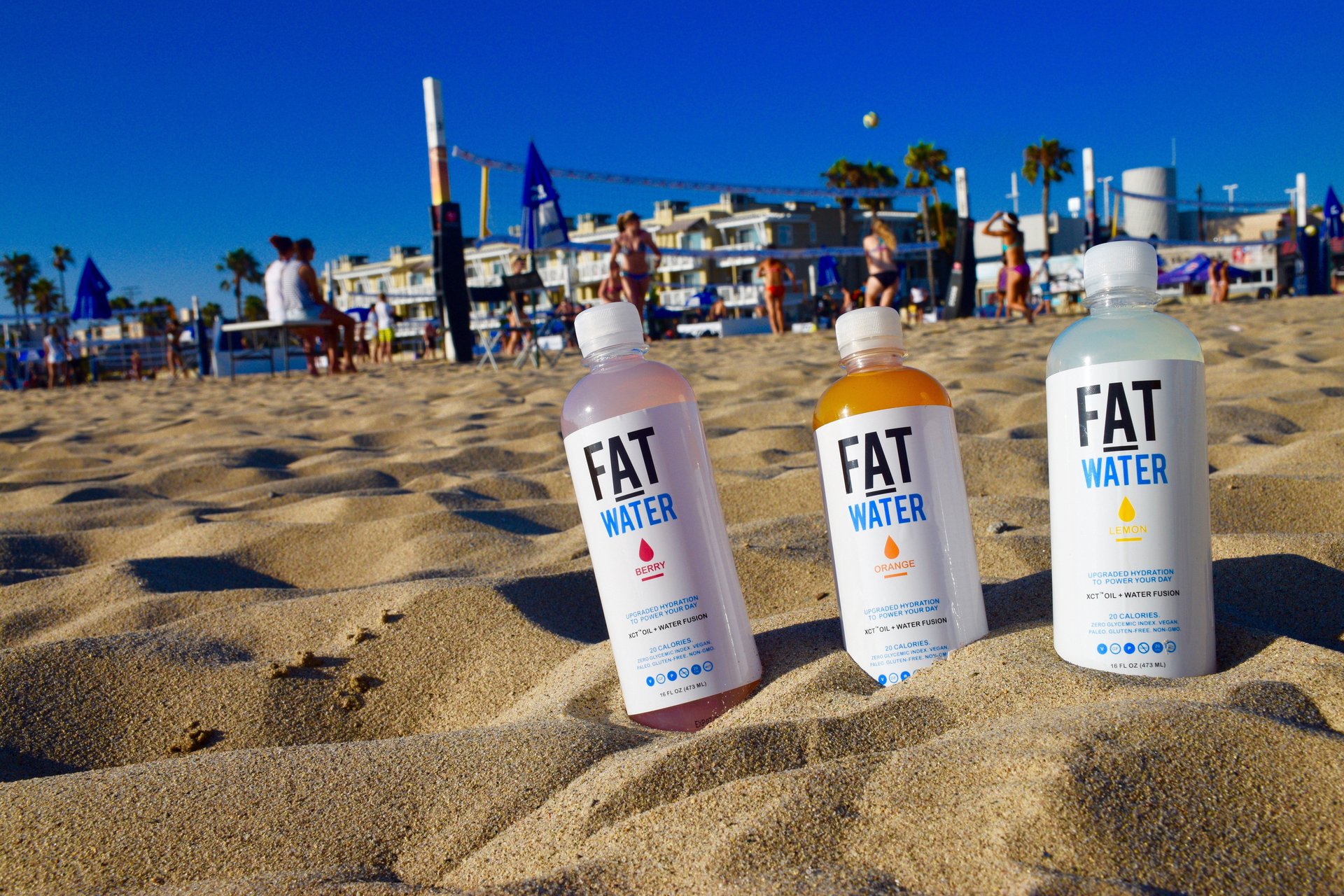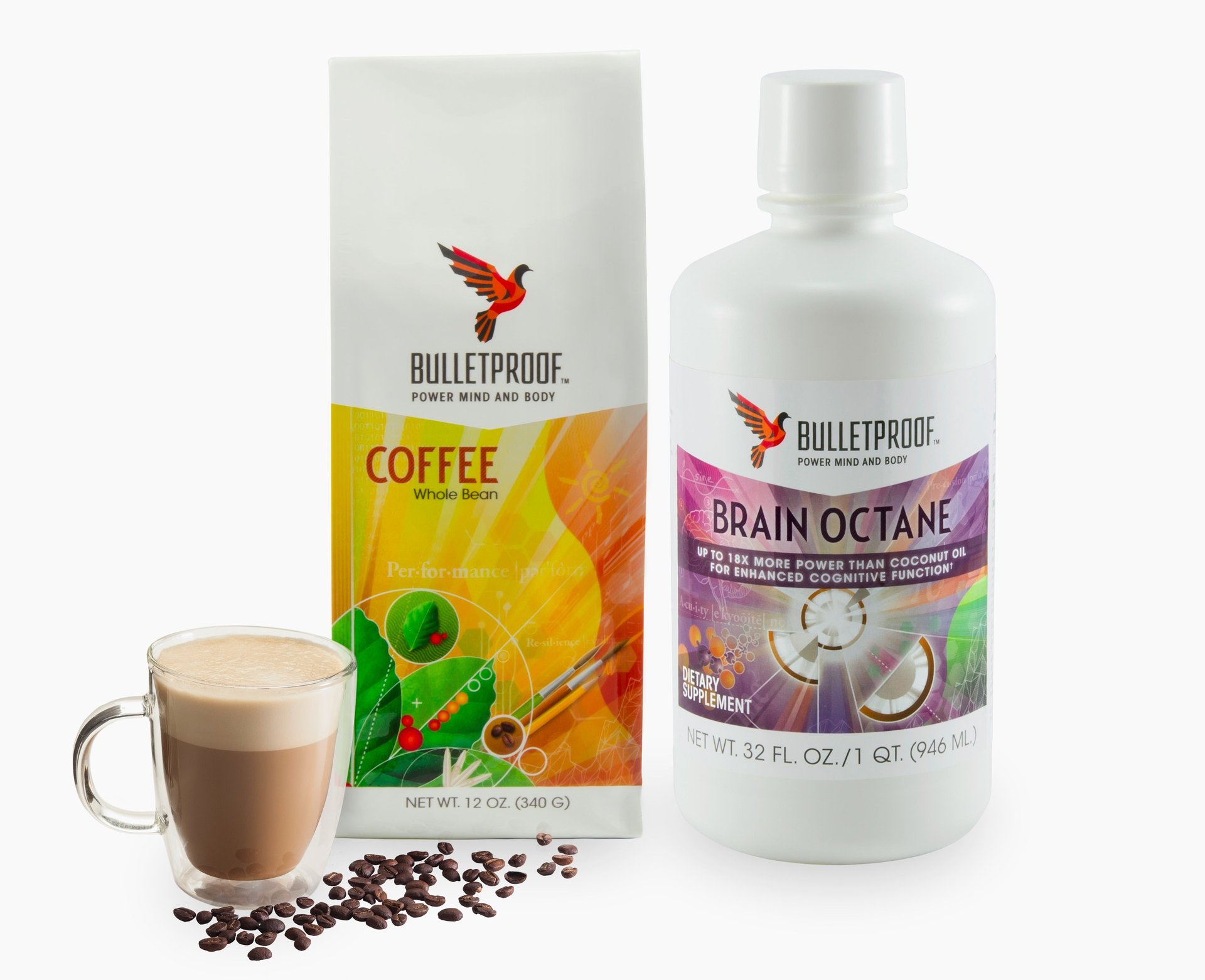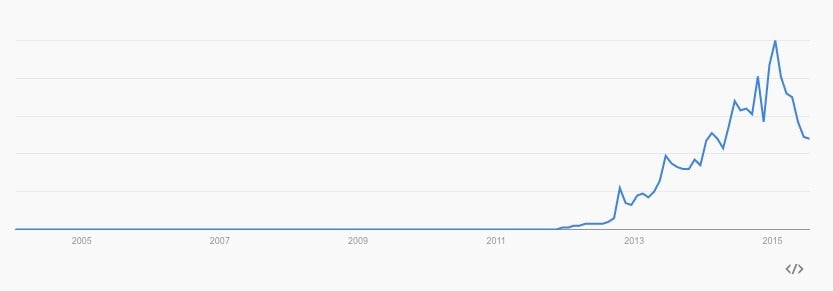The man behind butter-filled Bulletproof Coffee wants to take over the world
Bulletproof Coffee—the controversial, frothy, butter-coffee drink that purportedly helps people lose weight, reduce cravings, and achieve mental clarity—is looking to take over the world.


Bulletproof Coffee—the controversial, frothy, butter-coffee drink that purportedly helps people lose weight, reduce cravings, and achieve mental clarity—is looking to take over the world.
But before that can happen, Dave Asprey, the 42-year-old creator of the much buzzed-about drink and corresponding Bulletproof diet, is getting ready to open the company’s first coffee shop in Santa Monica, California, in the next couple of weeks, he tells Quartz.
The company already is thinking about its next locations—in the Los Angeles area, San Francisco, Seattle, and generally “anything west of the Mississippi,” says Asprey. To help fuel its expansion, Bulletproof announced today (July 23) that it raised $9 million from Trinity Ventures, its first source of institutional investment.

Asprey, a former entrepreneur-in-residence at Trinity Ventures, has big plans for the money. Aside from the coffee shops, he plans to expand Bulletproof’s inventory—the latest addition being a ready-to-drink beverage called FatWater (yes, it’s what it sounds like)—and increase the reach of its e-commerce business internationally. For Trinity, the hope is that it’s found another Starbucks or Jamba Juice, both companies in which Trinity invested early.
More butter in your coffee, sir?
A self-proclaimed biohacker, Asprey has been evangelizing his new-age diet, which has been especially popular among the Silicon Valley crowd, since 2010, building up a cultish following with a blog, podcast, bestselling book, and online business—all based on a yak butter-infused tea he tried in Tibet in 2004.

“I felt amazing,” he recounts. “Normally, you feel like you’re dying at [18,000 feet] elevation. It’s really uncomfortable. I asked myself, ‘Why am I feeling so amazing?’ I want to feel like this all the time.”
The key ingredient, he concluded, was the butter, and he went on to hack a recipe he could recreate at home using coffee, unsalted butter from grass-fed cows, and coconut oil extract mixed in a blender. The story goes that he lost 100 pounds without counting a single calorie (Asprey at his peak weighed 300 pounds), raised his IQ by 20 points, lowered his biological age, and slept fewer hours—and he now feels better than ever. All at 460 calories per serving.
“My mind works better now than it ever has in my life,” Asprey says. “I don’t have joint pain all the time. My back doesn’t hurt all the time. I don’t lose words. I feel generally pretty joyful. I really like my life.”
And people drank it up.

Asprey doesn’t have an exact figure of how many people follow the Bulletproof diet, but feels confident it’s in the millions, based on the company’s website traffic, up 36% compared with last year, and 15.2 million podcast downloads. (He declined to disclose the company’s revenue.)
Having a bit of a pop culture moment, the drink has enjoyed many moments in the spotlight, from the Grammys red carpet to Jimmy Fallon’s late-night talk show.
Does it really work?
But not all the attention’s been positive. Bulletproof has its share of detractors who question how much of Asprey’s transformation is due to his regimen vs. his intake of testosterone and Modafinil, a drug that increases alertness. (Asprey, who notes that he suffered from low testosterone, defends himself by saying it’s been two and a half years since he’s taken testosterone and “a long time” since he’s last used Modafinil.)
But aside from that, much of the Bulletproof diet runs contrary to what people have learned about nutrition: red meat is good, butter is good, fruit is bad, and brown rice is bad. (For the record, the American Heart Association “recommends limiting saturated fats,” high amounts of which are in butter, citing “[d]ecades of sound science.”)
Others have noted that some of the studies cited by Bulletproof were performed with a limited sample, weren’t carried out on human subjects, are decades old, or are not peer reviewed.
“I don’t think we know everything yet,” Asprey retorts, noting most of the naysayers haven’t given the diet a chance. “If you’re going to stand on a soap box and say it’s impossible, yet there’s millions of people doing it, at some point you have to ask what’s wrong with you. Everyone around you isn’t crazy.” He also points to a growing list of doctors (including Gwyneth Paltrow’s), who are recommending the Bulletproof lifestyle to patients.
Gus Tai, a general partner at Trinity Ventures and new member of Bulletproof’s board, admits that the diet and drink isn’t for everyone. “It’s about providing guidelines for how to live and see if they help improve your own well being,” he says. “Once you move past the skepticism, you can choose not to experiment, which is cool, or you can choose to try it.”